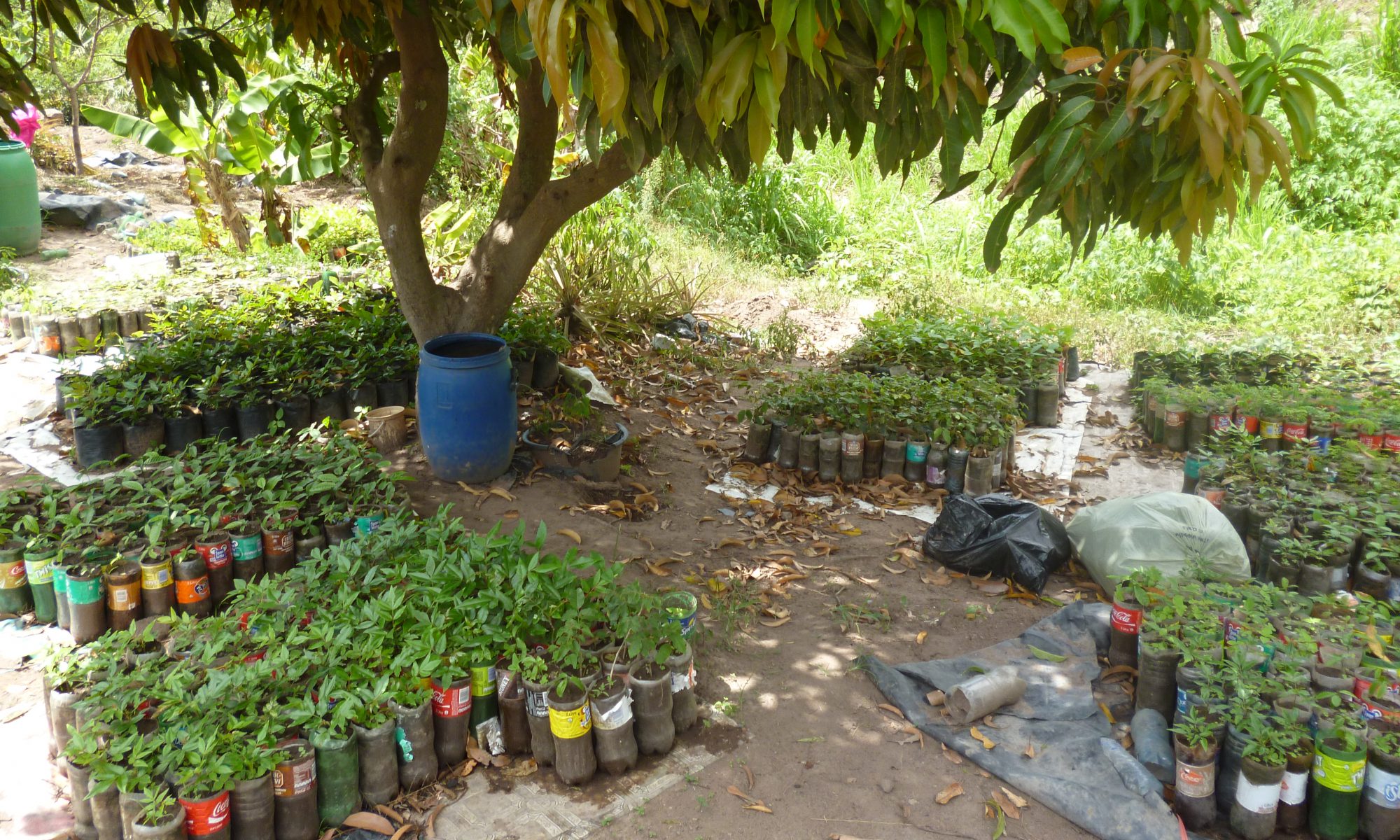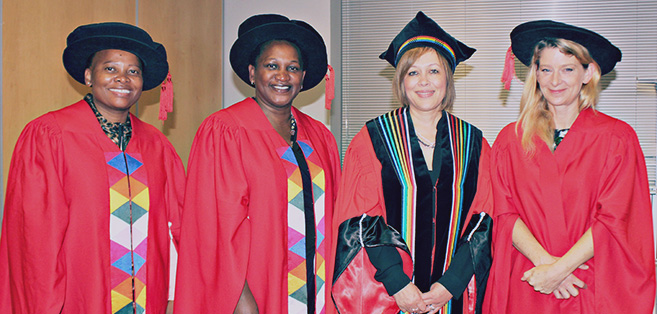BOOK TITLE: THE POLITICAL ECONOMY OF GOVERNMENT SUBSIDISED HOUSING IN SOUTH AFRICA: PAST, PRESENT AND FUTURE
South Africa’s current trajectory in the provision of sustainable housing for the poor is linked to its political past which was characterised by the spatial segregation and unequal development of the apartheid era (Mitlin and Mogaladi, 2013). To undo the injustices of the past and attend to the housing needs of vulnerable South Africans, particularly those that were previously disadvantaged, the democratic government has designed and implemented a number of housing policies and programmes in the past two decades. The country’s commitment to addressing the housing backlog is demonstrated in the implementation of series of housing legislations, policies and programmes (such as the Housing Act, the Prevention of Illegal Eviction Act, the Rental Housing Act, the National Norms and Standards, the Social Housing Act, the White Paper on Housing, the National Housing Code, the Reconstruction and Development Programme, Breaking New Ground, Growth, Employment and Redistribution and the 1996 Constitution).
The government housing programmes constitute an important segment of its redistributive policy stance. In the past two decades, the government housing programmes have seen some successes as evident in the provision of approximately “2.5 million houses and another 1.2 million serviced site” (Tomlinson, 2015). Despite this progress, the provision of sustainable housing continues to be a moving target. A recent report notes an increase of housing backlogs “from 1.5 million to 2.1 million units, while the number of informal settlements has gone up from 300 to 2 225, an increase of 650%” (Tomlinson, 2015). Over the years, the provision of sustainable housing has been bedevilled by a plethora of challenges including political interference, the perpetuation of the geography of apartheid, maladministration, poor services, lack of basic amenities, and corruption. In recent years, the rising impacts of climate change on human settlements continue to worsen the already dire situation in the provision of sustainable housing.
Recognising the above challenges, it is opportune to put together an edited volume that attempts to understand the political economy of housing programmes in South Africa. The proposed book aims to stimulate debates and knowledge sharing on issues on housing programmes in South Africa with the aim of preferring solutions to addressing what has essentially become a ‘wicked problem’ for the South African government.
The proposed book seeks to adopt a multipronged approach to understanding the dynamics of South Africa’s housing programmes. We solicit contributions from multidisciplinary perspectives including the built environment, public policy, public administration, sociology, development studies, urban and regional planning, political science, and gender studies. It is expected that contributions in this volume will tackle the housing issues in South Africa from this multiple perspectives in order to advance a robust understanding of the multiple challenges facing the housing sector. We welcome both empirical and theoretical contributions. The following are some of the issues that prospective contributors should aim to assess:
1. A historicity of housing in South Africa
2. The politics of government housing programmes
3. Sustainable housing development in South Africa
4. Climate change and housing in South Africa
5. Administration of housing programmes in South Africa
6. Community/local participation in housing programmes
7. Housing and Gender in South Africa
8. Land and Housing in South Africa
9. Housing and Traditional Leadership Institution in South Africa
ORGANIZATIONAL SCHEDULE:
Deadline for abstract submission: 29 July 2016
Notification of accepted/rejected abstracts: 8 August 2016
Deadline for full paper submission: 31 October 2016
Notification of accepted/rejected 30 November 2016
Submission of revised papers: 9 January 2017
Publication: May 2017
GUIDELINES/Administrative Issues
Abstract: Abstract should not be longer than 300 words.
Length of Contributions: Individual chapters should not exceed 7000 words including the reference list.
Plagiarism: We strongly encourage academic integrity and will, therefore, subject all submissions to plagiarism checks.Peer Review: All submissions will undergo double-blinded peer review. The final decision to accept/reject a paper rests with the editors.
Writing Workshop: A two-day writing/engagement workshop will be organised to facilitate the completion of accepted manuscript. Dates of the workshop will be communicated at a later stage.
Proposed Publishers: Policy Press & Springer International Publishing
Submissions: Interested contributors are asked to submit their abstracts to: Myenis1@ukzn.ac.za and copy okem@ukzn.ac.za
Enquiries should be directed to okem@kzn.ac.za

